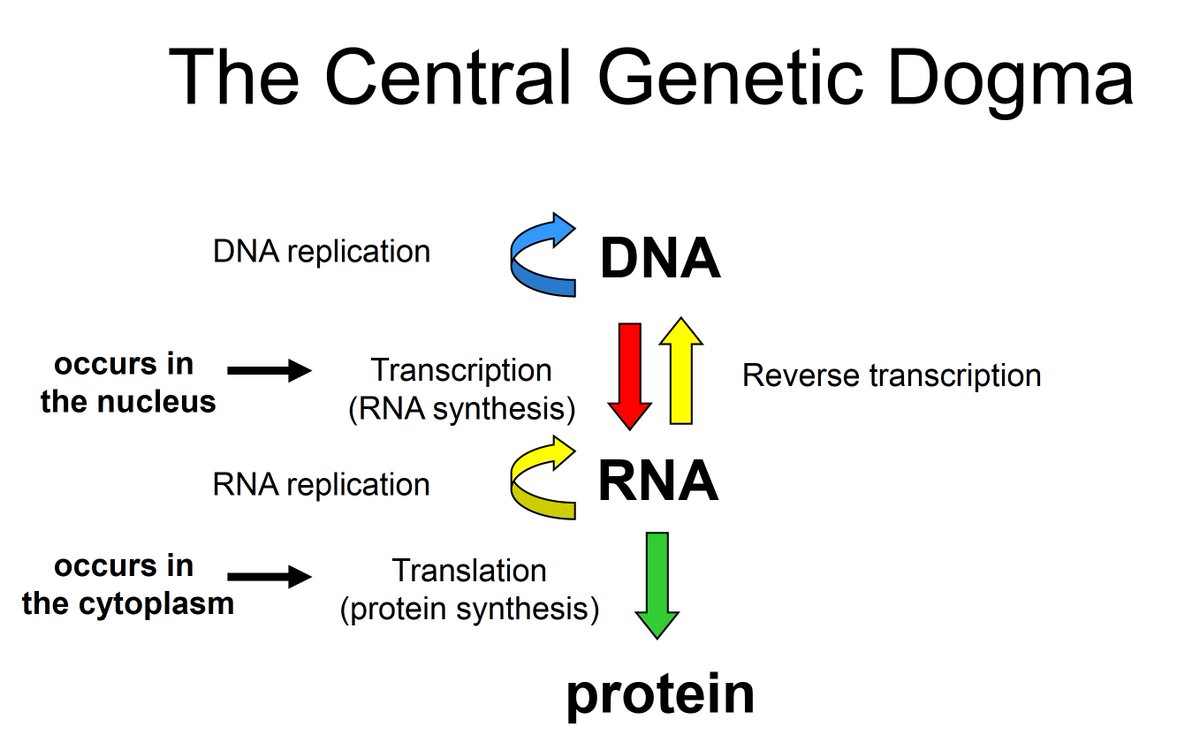
What are bioRxiv and medRxiv? They are servers where anybody can self-publish a scientific article. Legitimate journals put a submitted research paper through pretty rigorous peer review, but the publications on these "preprint" servers are not peer reviewed. Thread. (1/n)
As you might imagine there can be quite a bit of junk on there, including the paper that has been making headlines, allegedly showing that SARS-CoV-2 RNA can be reverse transcribed and integrated into the human genome. (2/n)
The conditions under which these experiments were done were extremely artificial, where probably just about any RNA would have been reverse transcribed and integrated. But the authors didn't show that. (3/n)
They only showed it with the RNA of interest, possibly to fulfill some sort of agenda. (4/5)
There is nothing wrong with preprint servers and I often write blog posts based on publications I find there. However, it does take a trained mind to sift out the junk from the gold, and even trained minds often fail to do that. 🙋♀️
Beware of sensationalist headlines! (end)
Beware of sensationalist headlines! (end)
• • •
Missing some Tweet in this thread? You can try to
force a refresh



